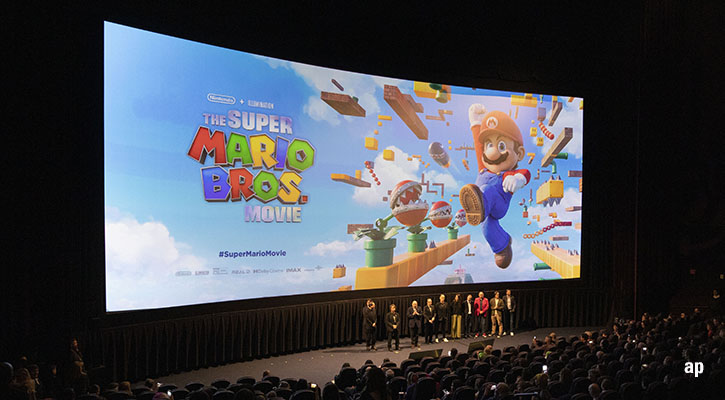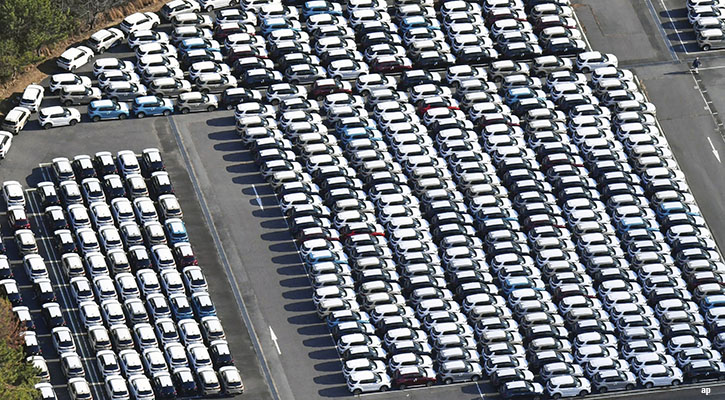
We upgrade Nintendo’s moat rating to wide from narrow and raise our fair value estimate accordingly to ¥7,000 from ¥ 6,000. Nintendo (7974) has been in the game console business for 40 years, and we believe the franchises it has established throughout its history, including Super Mario Bros., Pokemon, The Legend of Zelda, Mario Kart, and Animal Crossing, will help the company to generate excess returns over the long term. Over the past decade, Nintendo has been focusing on actively leveraging its characters on nongaming platforms to increase user touch points, a strategy we believe has successfully enhanced the brand power of Nintendo’s characters.
Nintendo’s June-quarter sales and operating income, reported on August 3, reached historical highs due to the contribution of The Super Mario Bros. movie and robust sales of first-party games, even though the Switch platform is nearing the end of its console cycle. We view this strong financial performance as evidence of the success of Nintendo’s strategy of effectively leveraging its characters. We believe Nintendo’s shares are currently slightly undervalued.
Nintendo’s June-quarter operating income was ¥ 185 billion (£1 billion), up 82% from the previous year and exceeding our expectations of ¥ 145 billion. This is the highest profit recorded in the June quarter and its operating margin exceeded 40% for the second time on a quarterly basis, since three years ago during the pandemic. While the company did not raise its full-year operating income guidance of ¥ 450 billion, as Nintendo’s earnings is heavily dependent on the December-quarter sales, we forecast Nintendo’s fiscal 2023 operating income to reach ¥ 575 billion, which is the third-highest number in Nintendo’s history. It is surprising that the ongoing Switch platform can generate such a high profit, considering that it is already in its seventh year and heading toward the end of its console cycle.
Intellectual property-related revenue increased to ¥ 31.9 billion from ¥ 11.0 billion, mainly due to the contribution of The Super Mario Bros. movie. The movie, released in April, earned $1.35 billion at the box office through August, making it the 15th-highest-grossing movie of all time worldwide, but this only accounts for 13.6% of Nintendo’s sales increase from the previous year, suggesting that the direct impact on Nintendo’s financials is not significant. In the long run, however, it is expected to increase Nintendo’s fan base and draw them into its own ecosystem. In the short term, it also seems to have the effect of pushing up console and game shipments.
Switch’s game shipments for the quarter were 52.2 million, up 26% from the previous year. This was largely due to the success of The Legend of Zelda: Tears of the Kingdom, which shipped 18.5 million units in just 8 weeks. In addition, the company estimates that sales of previous Mario games were boosted by the movie. With two new Mario games scheduled for release this holiday season, we expect that this year’s Switch game shipments will reach 200 million, exceeding the company guidance of 180 million units.
Surprisingly, Switch console shipments were up 14% year over year, the first time in nine quarters exceeding the previous year’s shipments. We believe that the impact of the Super Mario movie was significant, as the trend was particularly positive in Japan and the U.S., suggesting that the movie succeeded in attracting new users. At the beginning of this fiscal year, we were skeptical whether the company could achieve its console shipment guidance of 15 million, down 16.5% from the previous year. However, due to the larger-than-expected boost in console shipments from the Super Mario movie, we now forecast 15.5 million console shipments for this fiscal year.




























